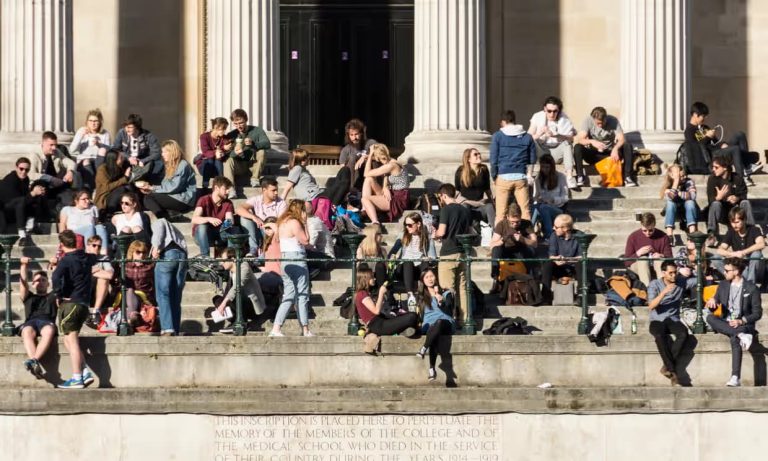Private scholarships should be a lifeline for students who want to avoid debt.
But there’s an awful glitch in the system: Students who get private scholarships risk losing financial aid they were awarded from their state or school. Their private scholarships don’t save them a dime.
Like many students, when I thought about college I worried most about affording it. Rice University, in Houston, where I am a senior, is known for generous financial aid packages, but I still had to take out student loans to cover the full cost.
As a college freshman, I saw an episode of “Shark Tank” on which an entrepreneur claimed that millions of private scholarships go unused every year. He was pitching Mark Cuban and the other investors on an app that was intended to match students with private scholarships. I was fascinated: Maybe I could avoid taking on thousands of dollars in debt in college. All I had to do was answer a few questions, submit my résumé and personal statement, and wait to collect.
But when I talked with friends who were also concerned about financing college, they told me that I probably shouldn’t bother applying for private scholarships. They told me about a significant wrinkle in my plan. It’s called “scholarship award displacement.”
I learned that any money I received from private companies, my church or even from a crowdsourcing campaign had to be reported to my college or university. The school would then evaluate the reported funds, and could decrease my financial aid by the same amount.
Doesn’t this seem strange? Why should students bother applying for scholarships if colleges are allowed, and in many cases pushed by federal and state regulations, to effectively take them away? This doesn’t apply to all scholarships. Students who are not on financial aid or who are awarded merit-based aid don’t have the same worries. But it’s as if schools are taxing financial-aid recipients who take initiative.
Universities argue that displacing scholarships allows them to better distribute funds to students in need. If one student receives $1,000 in private money, the argument goes, the university can give the $1,000 that would have gone to that student to somebody else. I understand that universities must save money, but they shouldn’t try to do it by undercutting the students who pursue private financial assistance. Or as Mark Kantrowitz, a financial-aid expert, told me, “Scholarship displacement prevents students from getting the full value of the scholarships they earned through hard work.”
Universities and lawmakers have created an environment in which students are tempted to avoid reporting their private scholarships, or avoid seeking private aid entirely.
Some scholarships stipulate that they cannot be used to reduce financial aid, and some universities decrease students’ institutional loans before displacing their scholarships — a huge help. The State of Maryland also recently passed a law banning scholarship displacement at public institutions. I applaud that kind of progress and hope that other states follow suit. But there is room for compromise, too. If universities redistributed a much smaller portion of each scholarship, financial-aid recipients would still have an incentive to pursue private scholarships. For example, say I got $1,000 in private scholarship money. If my college had already offered me that amount, the school could decrease its award by $250. It would still save money, but wouldn’t punish students desperate to afford college tuition.
Student debt, now a trillion-dollar crisis, is a burden for millions of Americans. Changing scholarship displacement is a great first step to resolving that crisis. It’s not a matter of eliminating scholarship displacement entirely. Students — and millennials in particular — don’t mind sharing: We already share dorms and books. In this case, we would share more scholarship money. But first, schools and lawmakers must meet us halfway.





